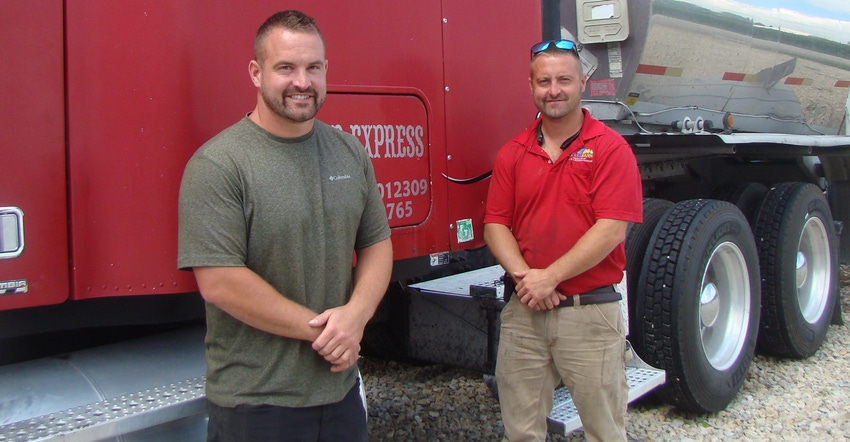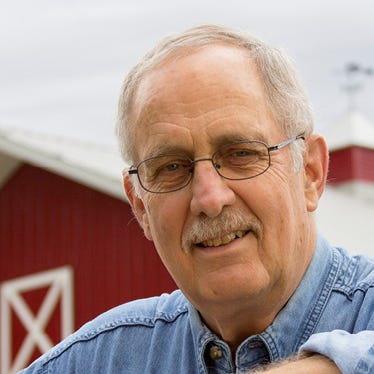
So, what’s it like to be a young farmer today — in the middle of a pandemic, with low commodity and livestock prices? Indiana Prairie Farmer checked with young farmers in various parts of the state to get a feel for how they see their operations and agriculture, in general.
Their perspectives may surprise you. Yes, they have challenges. History tells us young farmers have always faced challenges becoming established in agriculture. What stands out today is that young farmers and their families are still doing what their ancestors did. They’re not giving up.
Instead, they’re looking for ways to survive the current pandemic, coupled with lean times in agriculture. And they’re also looking for opportunities for the long term.
Outside the box
Jacob Chapman, his brother Matthew, and their families of Springport in Henry County are prime examples. Matthew says that for now, the name of the game boils down to this: “Don’t spend it if you don’t need to, and try to look outside the box for new ideas,” he says.
Going outside the box for the Chapmans involves offering various services that dip into agritourism and providing things that both nonfarm and farm people can use.
At the same time, the families are still concentrating on the core farm operation. Both brothers say their goal is to get through these tough times and make their farm operation viable for the long term.
Diversify, diversify
Ryan Facemire and his wife, Julie, live near Edinburgh in Johnson County. Because a sizable portion of the land they farm is underlain with gravel, they have multiple center-pivot rigs, both on land they own and farm, and on land Ryan’s father, Jim, owns. They’ve grown a variety of specialty crops over time to recoup their investment in irrigation, including seed corn, seed soybeans and popcorn.
More recently, Ryan has raised cucumbers on contract for a company that turns them into pickles. He typically plants double-crop soybeans after cucumbers, using irrigation when necessary to ensure getting a decent bean crop.
In 2020, for the first time, the Facemires raised potatoes for Black Gold Farms. Between Ryan and his father, they grew potatoes on more than 300 irrigated acres.
Ryan was looking to increase income per acre on irrigated land, and contracting with Black Gold provides an opportunity to do so, he says. Growing potatoes is one more way to diversify the farm operation.
Watch for upcoming stories that describe what young farmers are saying and highlight what several are doing, starting with 10 themes show young farmers’ attitudes.
Boone writes from Wabash, Ind.
About the Author(s)
You May Also Like






